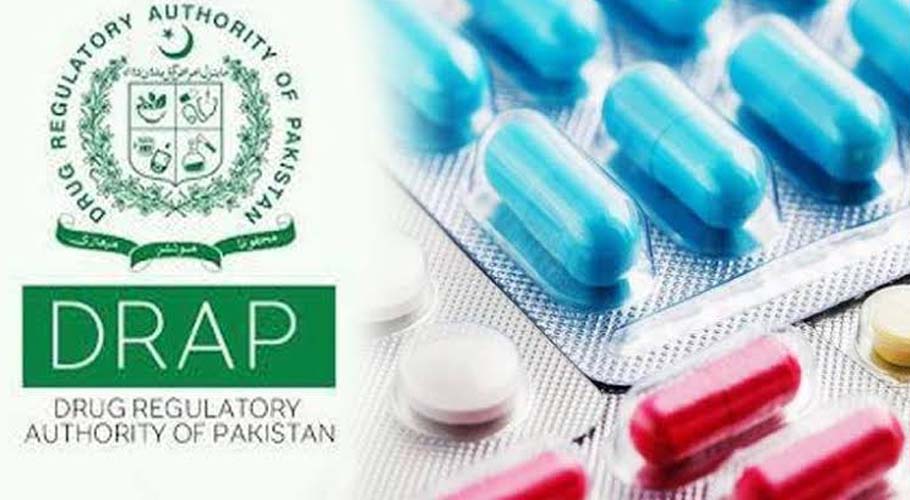The article provides a general overview of Pakistan’s regulatory requirements for clinical research.

Table of content
The Drug Regulatory Authority of Pakistan (DRAP), the country’s agency in healthcare products, has published a guidance document dedicated to clinical research.
The document provides an overview of the applicable regulatory requirements and additional clarifications and recommendations to be considered by medical device manufacturers and other parties involved to ensure compliance.
At the same time, provisions of the guidance are non-binding in their legal nature, nor are they intended to introduce new rules or impose new obligations.
Moreover, the authority reserves the right to change the guidance and recommendations provided therein, should such changes be reasonably necessary to reflect corresponding amendments to the underlying legislation.
Introduction
The draft guidelines issued by the DRAP represent the second edition, indicating an ongoing effort to refine and update the regulatory framework governing clinical research in Pakistan.
This evolution underscores the importance of adapting to clinical research’s emerging scientific, ethical, and legal challenges.
These guidelines are designed for a wide range of stakeholders involved in clinical research, including sponsors, researchers, investigators, Contract Research Organizations (CROs), and Bio-Analytical Laboratories.
The document sets the stage for new applications or ongoing clinical trials/research, emphasizing the comprehensive regulatory oversight under the Bio-Study Rules 2017.

Objective
These guidelines aim to offer a clear pathway for applicants seeking to initiate clinical trials or research on therapeutic goods in Pakistan.
This involves navigating the submission, review, evaluation, and approval processes with the Drug Regulatory Authority of Pakistan (DRAP).
The guidelines describe the relevant legal requirements, as well as international best practices, such as the ICH-GCP (International Council for Harmonisation – Good Clinical Practice), ensuring research is conducted ethically and effectively.
The authority explicitly states that should discrepancies arise between this document and existing laws, the latter should prevail, highlighting the guidelines’ role as an advisory rather than a legally binding document.
Regulatory Oversight
The DRAP performs its functions related to regulating clinical trials in line with the Bio-Study Rules of 2017.
The rules encompass a broad spectrum of investigational studies to uncover therapeutic goods’ effects, safety, and efficacy.
This includes pharmaceuticals, biologics, herbal and homeopathic products, and medical devices. DRAP guidelines facilitate the application process for clinical trials, ensuring that all therapeutic goods used in research are duly registered or authorized by DRAP.
Legal Framework
The guidelines are based on the provisions of the Bio-Study Rules 2017, the Drug Act of 1976, and the DRAP Act of 2012, establishing a legal foundation for the safe, effective, and ethical conduct of clinical trials.
The relevant authorization process for clinical trials described in the guidelines is detailed, requiring submissions on specific forms and adherence to stringent safety and efficacy standards.
Terms and Definitions
To assist the parties involved in operations with medical devices with proper interoperation of applicable regulatory requirements, the document provides definitions of the most important terms and concepts essential to clinical research, such as adverse drug reactions (ADRs), adverse events (AEs), protocol amendments, and the roles of various regulatory documents and approvals.
These definitions are explained to stakeholders, ensuring clarity and uniformity in the conduct of clinical trials.
Approval and Compliance
According to the guidance, the mere approval by DRAP does not exempt applicants from other legal obligations, emphasizing the complex nature of regulatory compliance in clinical research.
The assessment of clinical research applications is distinct from the product registration process, establishing the pathways for research and marketing approvals.
Ethical and Procedural Standards
The guidelines additionally emphasize the importance of ethical standards and procedural rigor in clinical trials, including Institutional Review Board (IRB) approvals, audits, and adherence to Good Clinical Practice (GCP). The document outlines detailed procedures for blinding/masking, case report form (CRF) management, and the handling of investigational medicinal products (IMPs), ensuring that all aspects of clinical research are conducted with the utmost integrity and scientific validity.
Conclusion
In summary, the guidelines for the conduct of clinical research in Pakistan describe in detail an existing comprehensive framework for ensuring the ethical, legal, and scientific integrity of clinical trials.
By aligning with international standards and adapting to the local regulatory landscape, these guidelines facilitate the advancement of medical science and the protection of participants’ safety during clinical research.
How Can RegDesk Help?
RegDesk is a holistic Regulatory Information Management System that provides medical device and pharma companies with regulatory intelligence for over 120 markets worldwide. It can help you prepare and publish global applications, manage standards, run change assessments, and obtain real-time alerts on regulatory changes through a centralized platform. Our clients also have access to our network of over 4000 compliance experts worldwide to obtain verification on critical questions. Global expansion has never been this simple.

